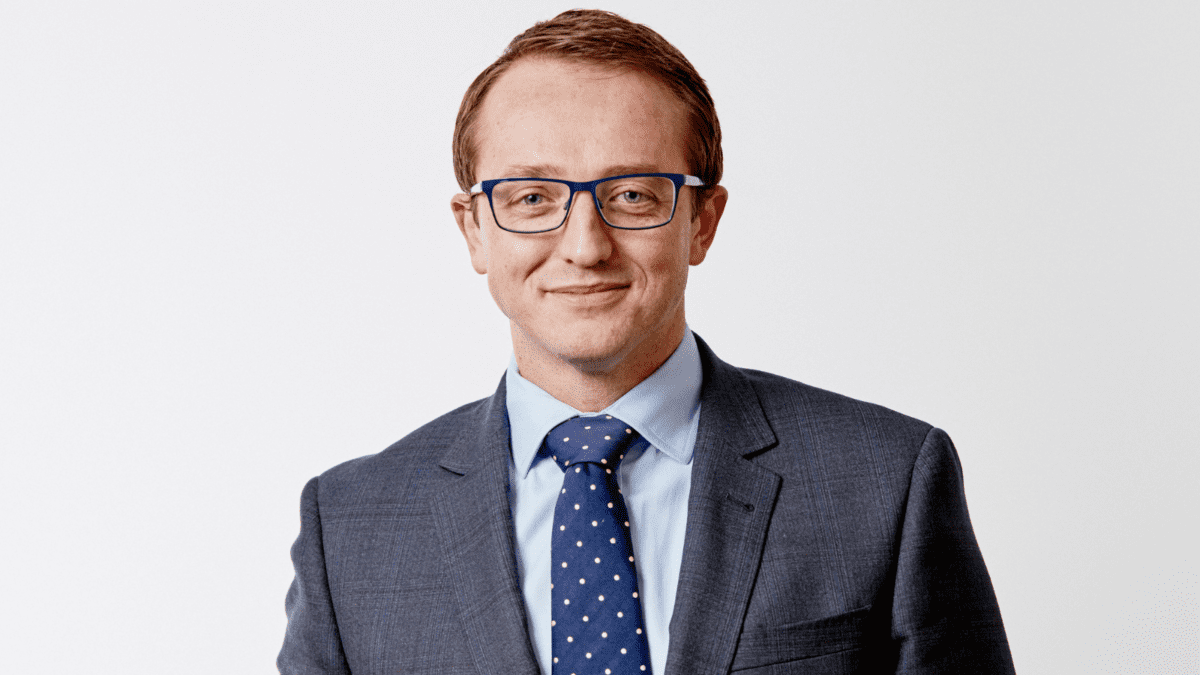Super funds need to present a new image for the future
The good work big super funds are doing is not getting through to stakeholders, be they members, regulators, the Government or other commentators, because of the perception that they are too accepting of the status quo.
A new paper by specialist implementation manager Parametric suggests the common stakeholder perception is that super funds are too comfortable with the status quo, too ready to defend it and too cautious about seeking new opportunities. They should shake of this perception.
Raewyn Williams, Parametric managing director, research, who is based in Sydney, says whether or not stakeholder criticisms are valid, the industry needs to recognise the causes of this perception problem.
Presenting the paper – ‘Status Quo Thinking’ – at the AIST Superannuation Investment Conference on the Gold Coast, Williams said: “The perception that we are too focused on the status quo could be damaging confidence in the industry.”
If you think of the issues publicly raised by stakeholders in the past five years, some over and over again, it may not matter whether these concerns are valid because of the cumulative damage done to the perception of the industry and demands to show the industry is responding to those issues.
“This paper is based on an extensive review of the business literature on how organisations, especially as they become more successful, may struggle to manage the move from their current to future states,” Williams told the AIST ASI conference.
“We turn this into practical insights for super funds – we list ‘status quo thinking traps’ that super funds could fall into, suggest how a super fund could test whether it has fallen into each trap and provide ideas on how to avoid these traps.”
The five status quo thinking traps she cites are:
- a risk-averse or blame culture
- status quo roles, responsibilities and resourcing
- functional silos
- super fund size and scale, which make it hard to divert thinking and resources from a super fund’s existing work, and
- potential “groupthink” across the industry.
Williams says in the paper: “The nature of superannuation in Australia is that there will always be public scrutiny and not all criticisms will be fair. Super funds should continue to correct specific misconceptions and collect evidence of the security they deliver members and long-term benefits to the public pension purse.
“As an industry, we have been responding to these stakeholder criticisms by picking off the issues one by one. But our research suggests there is also power in a more collective response – super funds building up a demonstrable record of thought leadership and innovation and pushing each other forward on a continuous improvement journey.
“A restlessness about the status quo, and a refusal to let thinking be bound by the present, could build much-needed stakeholder confidence and help show that the superannuation of the future, not just the present, is in good hands.
“Our key message is that if super funds are able to demonstrate that they are focused on opportunities to evolve and future-proof their offering, rather than preserve existing arrangements, and that they are treating opportunities with the urgency they deserve, this will go some way towards silencing the critics in one broad brushstroke, whatever their specific concerns may be.”
– Greg Bright









